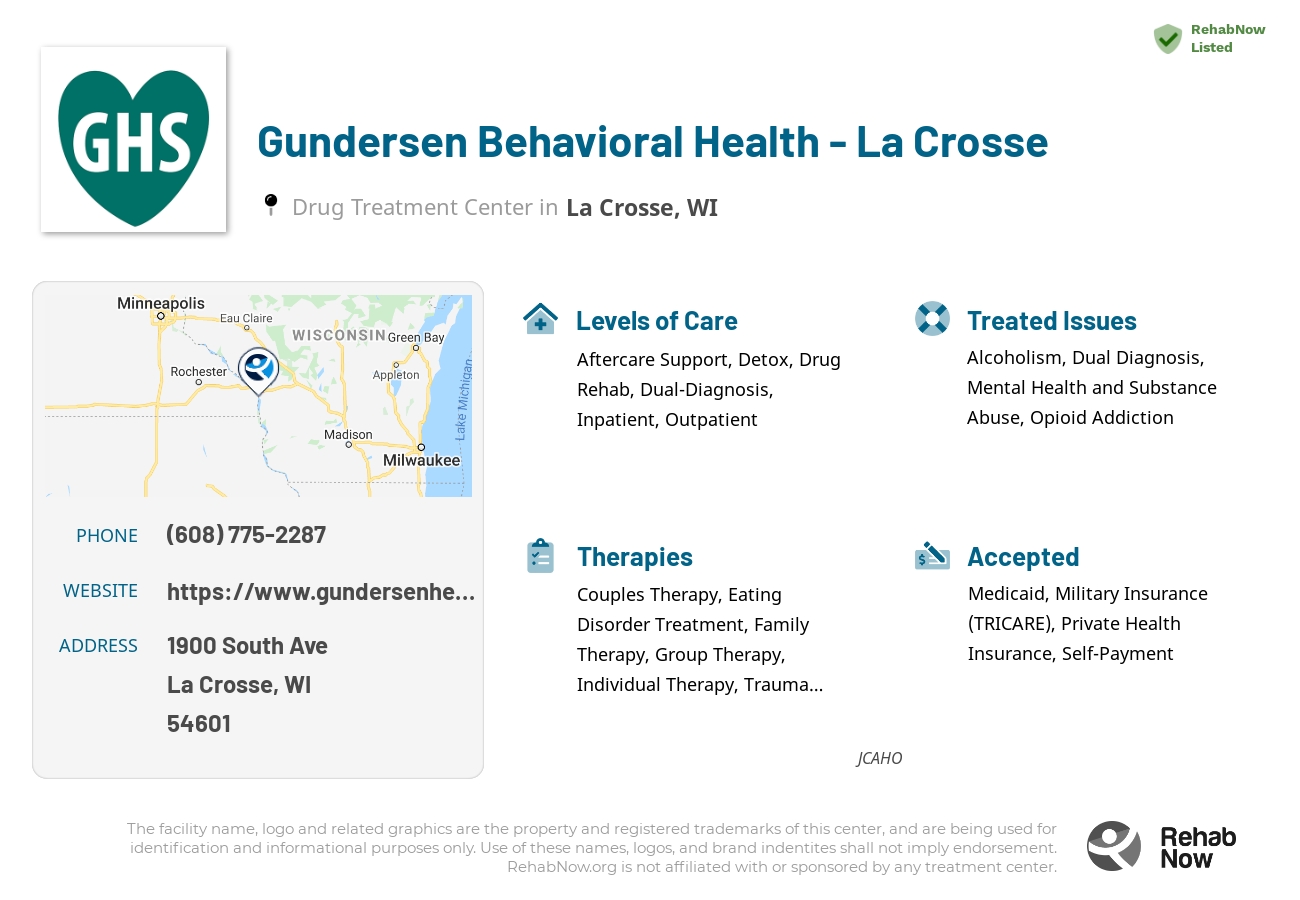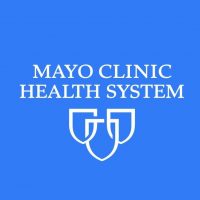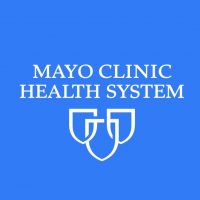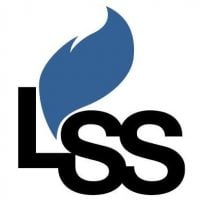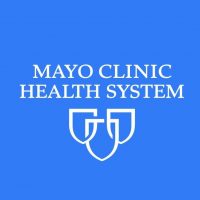Gundersen Behavioral Health - La Crosse
Drug Rehab Center in La Crosse, Wisconsin
Gundersen Behavioral Health - La Crosse is a 30 bed accredited rehab facility providing both inpatient and outpatient levels of care, focusing on treating alcoholism, dual diagnosis, opioid addiction, eating disorder, and drug addiction, while accepting private health insurance. All services include aftercare support, detox, and dual-diagnosis treatment.
About Gundersen Behavioral Health - La Crosse in Wisconsin
At Gundersen Behavioral Health - La Crosse, located in Sparta, Wisconsin, individuals seeking sobriety from drugs or alcohol find a comprehensive approach to outpatient mental health and substance abuse treatment. This state-of-the-art facility has 30 beds dedicated to providing specialized programs for a range of issues, including substance use disorder and dual diagnosis, setting it apart with its unique, patient-tailored treatment plans and holistic care.
Gundersen Behavioral Health - La Crosse is distinguished by its Joint Commission accreditation, underscoring its commitment to the highest standards of care. The center supports children, adolescents, and adults through a wide spectrum of treatment options, emphasizing the importance of personalized treatment plans and offering an array of levels of care, including inpatient and outpatient services, that cater to the specific needs of its clients.
- Holistic and Evidence-Based Treatments: Offers a mix of traditional and innovative therapies, including cognitive behavioral treatment and trauma therapy.
- Comprehensive Levels of Care: Ranging from detox and inpatient rehab to outpatient services and partial hospitalization, catering to various stages of recovery.
- Accredited by the Joint Commission: Ensuring a high standard of care and dedication to patient safety and outcomes.
Specializing in addressing substance use disorders, mental health issues, and dual diagnosis, Gundersen Behavioral Health - La Crosse employs a combination of 12-step facilitation, cognitive behavioral therapy, group therapy, and trauma therapy. These methods are part of a wider array of treatment levels, from detoxification to aftercare support, designed to guide individuals towards a sober, healthier life.
Genders
Ages
Modality
Additional
Accreditations

JCAHO
Conditions and Issues Treated
Opioid addiction has become a significant health problem in the United States. When a person’s life becomes unmanageable because of an opioid addiction, treatment can help them get sober. Treatment includes medical care and counseling.
“With so many people struggling with opioid addiction, we need more care and attention for those who want to quit. Opioid addicts often take opioids when they experience a painful injury – that’s how the cycle starts! When someone begins taking their medication differently than prescribed or takes an excessive amount of drugs, it means they’re hooked on drugs and in danger of overdosing.
The most successful way to beat this is through detoxing from these types treatments at Gundersen Behavioral Health - La Crosse in . Most facilities start by using medical support during the process while providing counseling services; rehabilitation comes later on after treatment has been completed successfully.
A “dual diagnosis” is when the individual has two medical issues at the same time. The top co-occurring mental disorders with addiction are depression, anxiety, ADHD, bi-polar disorder. Addiction is also considered a mental illness that is not a choice but rather a medical condition. Addiction can be caused by any number of underlying issues.
Dual diagnosis is provided by Gundersen Behavioral Health - La Crosse to treat addictive tendencies as well as any untreated mental illnesses. This ensures successful long term health and recovery for patients after treatment has been completed.
Dual diagnosis is provided by Gundersen Behavioral Health - La Crosse to treat addictive tendencies as well as any untreated mental illnesses for people in Wisconsin. This ensures successful long term health and recovery for patients after treatment has been completed.Levels of Care Offered
This center offers a variety of custom treatment tailored to individual recovery. Currently available are Aftercare Support, Detox, Drug Rehab, Dual-Diagnosis, Inpatient, Outpatient, with additional therapies available as listed below.
The first level of recovery is detox. It involves giving a person the opportunity to get the toxins out of their body safely. The individual receiving treatment at Gundersen Behavioral Health - La Crosse typically will get ill during detox, and they will often start using again to get rid of unpleasant emotions and complicated physical responses. It is why having a Wisconsin medical professional present is so critical. A medical professional can make sure that patients do not start using again during detox and stay physically healthy during the process. They will also have treatment on a mental level to relieve their symptoms and guide them through the process.
Going to an inpatient rehab facility means living there while all aspects of addiction or co-occurring disorder get addressed. The treatment involves medical supervision, therapy, and future planning.
This type of rehabilitation provides a drug-free environment for people who struggle with chronic/long-term addiction without having access to drugs outside the center (or their own home). It takes away any distractions because they live there 24 hours per day. If someone is trying to break out old habits, which could lead them back into substance abuse, things like jobs or school can be put on hold until after they complete their stay to focus solely on recovery.
Outpatient programs at Gundersen Behavioral Health - La Crosse, the La Crosse resident can live with their family while continuing with their job or studies. Treatment includes educating the patient on drug abuse, medications, and counseling sessions at the individual or group level. Outpatient treatment plans cover diagnosis, detoxification, management, and counseling. They are a popular option for those who have graduated from inpatient facilities.
Without aftercare support, addicts can easily relapse back into addiction. It is crucial to integrate the addict back into society. Aftercare support should take place after outpatient treatment has ended.
There are a few different types of aftercare support that patients can seek after completing an inpatient treatment program:
- 12 Step Self-help groups (AA, NA)
- Therapeutic communities,
- Long-term, structured sober living arrangements
- Halfway houses (residential treatment centers)
Many different support groups exist for addicts to seek help after treatment. Some are more effective than others, depending on the person’s addiction, background, and other factors.
Therapies & Programs
Individual therapy is a form of counseling where you meet with a trained professional one-on-one. Meeting with a therapist in this setting allows for a personal and trusting relationship to be built. This allows the patient to open up about sensitive or private issues they may not feel comfortable discussing in a group. Individual therapy helps identify the root causes of your addiction, which can help prevent relapse.
Couples therapy for drug addiction is a unique form of therapy that allows family members to work through the emotional issues of their loved one’s addiction together. Family members can support each other while learning how to cope with the addiction and encourage healthy changes. The two will work with a therapist to learn how the addiction affects themselves and the relationship.
Family therapy is often done alongside drug treatment to help addicts stay sober. The goal of family therapy for drug addiction is to create an environment where communication can happen without judgment, hostility, or blame. The therapist will sit with the family so they can learn how to communicate differently and provide new tools for dealing with emotions so that people don’t want to drink or do drugs. It’s important for families to focus on relapse prevention plans during treatment so that if the addict feels like they want to use again, they’ll know what steps they need to take together to prevent it from happening again in the future.
Group therapy sessions are another common addiction recovery service. These group sessions typically involve six to 12 addicts who meet regularly with a trained professional for support and guidance.
During these sessions, the group shares their experiences with one another and provides feedback that can help each member avoid relapse or overcome specific obstacles they are facing in their recovery process. With this type of support and guidance, addicts can feel like they are part of a community that understands their struggles and will help them get through the hard times.
Many people struggling with drug addiction have experienced some form of trauma in their lives. It is crucial that these individuals seek out professional help; otherwise, their drug abuse and addiction will likely continue.
Therapists and counselors at drug treatment centers employ several treatment programs to help people struggling with drug addiction, including trauma therapy. Trauma therapy helps people dealing with addiction by allowing them to confront the traumas of their past and move past them.
It is important to note that trauma therapy should not be confused with PTSD (post-traumatic stress disorder). Rather, it is used to treat the effects of trauma, which are often at the root of addiction.
Payment Options Accepted
For specific insurance or payment methods please contact us.
Is your insurance accepted?
Ask an expert, call (888) 674-0062
Gundersen Behavioral Health Associated Centers
Discover treatment facilities under the same provider.
- Gundersen Behavioral Health - Whitehall in Whitehall, WI
- Gundersen Behavioral Health - Viroqua in Viroqua, WI
- Gundersen Behavioral Health - South Onalaska in Onalaska, WI
- Gundersen Behavioral Health - Prairie Du Chien in Prairie Du Chien, WI
- Gundersen Behavioral Health - Sparta in Sparta, WI
Learn More About Gundersen Behavioral Health Centers
Additional Details
Specifics, location, and helpful extra information.
La Crosse, Wisconsin 54601 Phone Number(608) 775-2287 Meta DetailsUpdated April 15, 2024
Staff Verified
Gundersen Behavioral Health - La Crosse Patient Reviews
There are no reviews yet. Be the first one to write one.
La Crosse, Wisconsin Addiction Information
Wisconsin has some of the highest rates in the United States for both adolescent and adult substance abuse. Since 2009, the state has been experiencing the same escalating rates of drug abuse and addiction as the rest of the country. The major concerns are the misuse of prescription painkillers and the escalating number of deaths due to alcohol-related liver disease.
Drug addiction and abuse can greatly impact the community in La Crosse, Wisconsin. According to recent statistics, about 9,000 people struggle with drug addiction. From 2002 to 2014, admissions for treatment of opioid addiction increased by almost 400%. Addiction can strain resources and lead to a decline in the quality of life. The type of treatment in La Crosse, Wisconsin, will largely depend on the severity of your addiction.
Treatment in Nearby Cities
- Ladysmith, WI (115.8 mi.)
- Lake Geneva, WI (164.4 mi.)
- Hurley, WI (190.9 mi.)
- Cashton, WI (23.6 mi.)
- Milwaukee, WI (175.7 mi.)
Centers near Gundersen Behavioral Health - La Crosse
The facility name, logo and brand are the property and registered trademarks of Gundersen Behavioral Health - La Crosse, and are being used for identification and informational purposes only. Use of these names, logos and brands shall not imply endorsement. RehabNow.org is not affiliated with or sponsored by Gundersen Behavioral Health - La Crosse.



